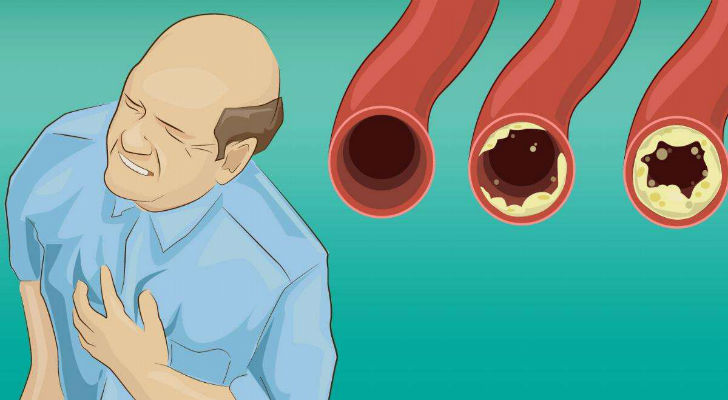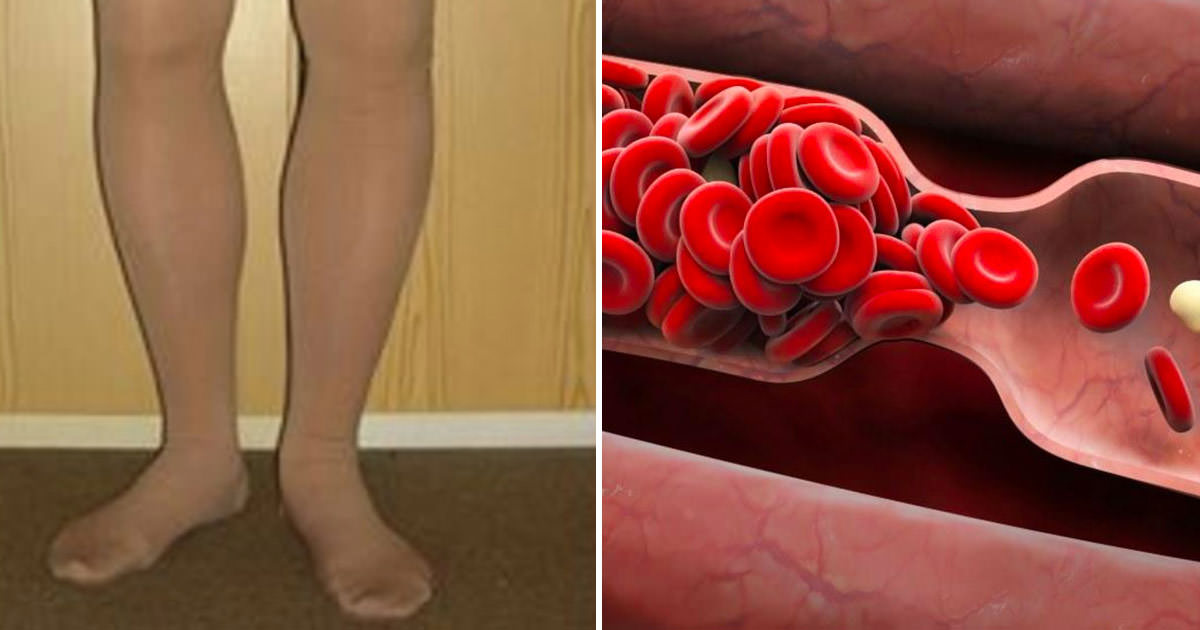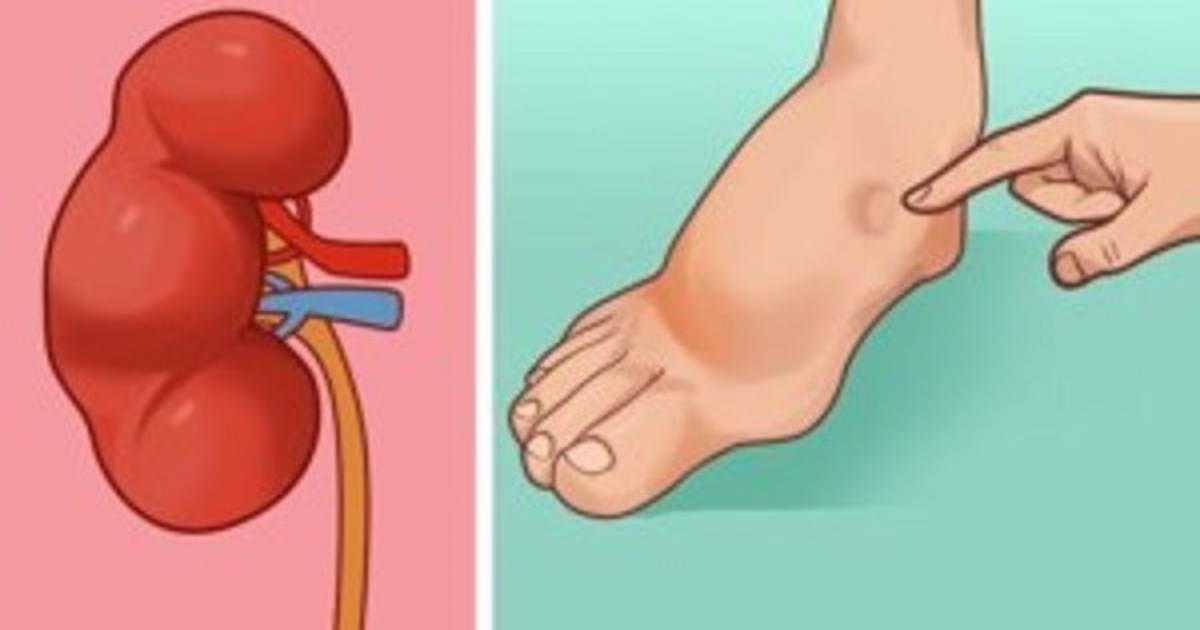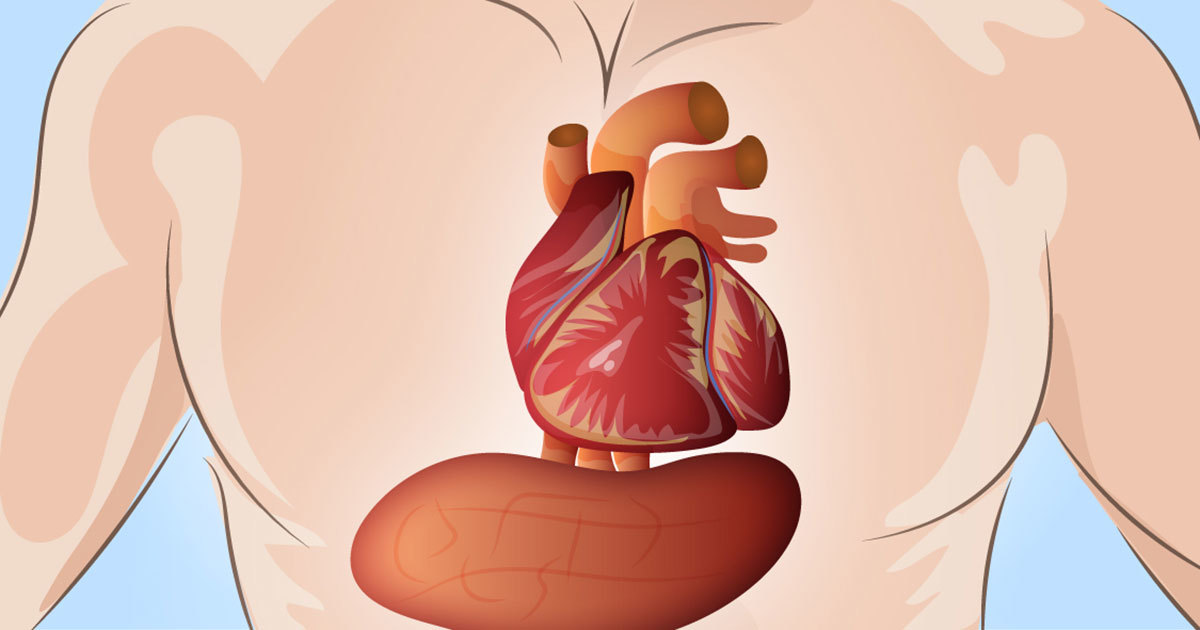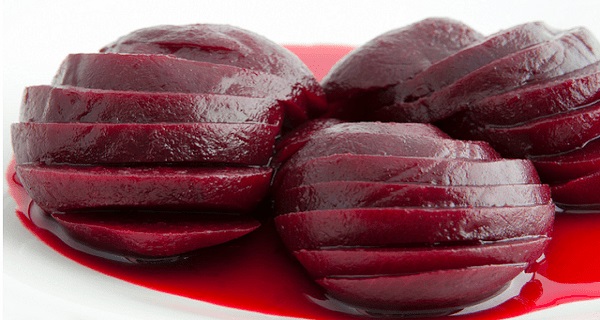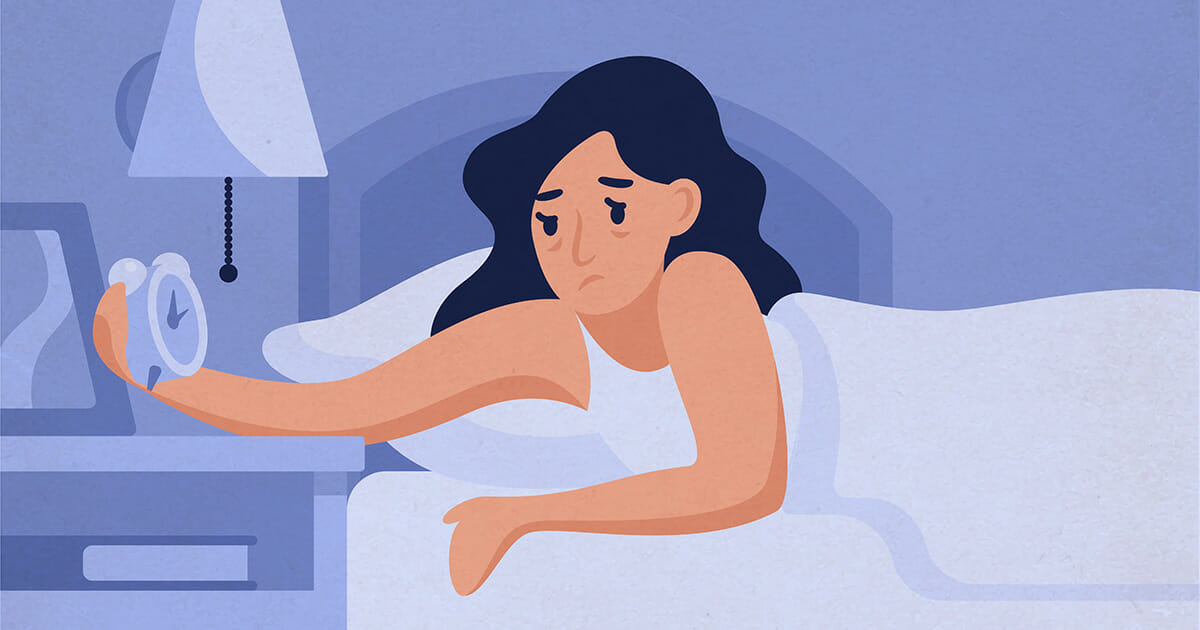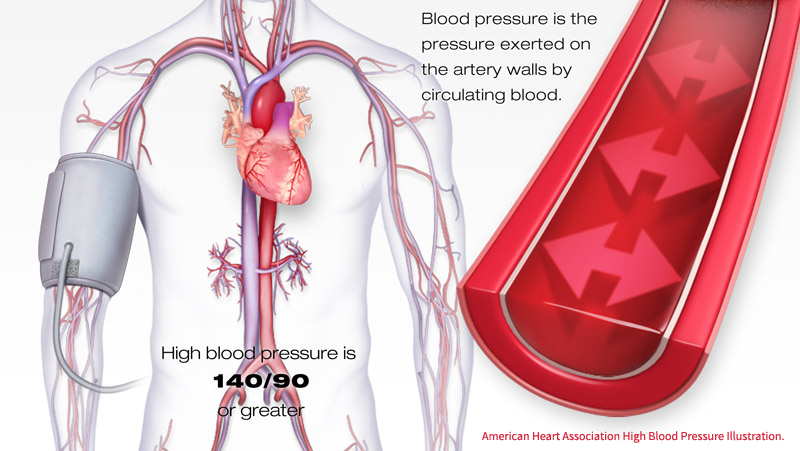The plant that has been clinically proven to cleanse the arteries in the body
|
Cholesterol naturally sinks in the blood vessels of all of us on a regular basis and, but if left uncleaned, it may cause a build up that lead to arterial trouble.
What is the cause for the sinking of cholesterol into the blood vessels? How can we prevent it? And most importantly - how can the cholesterol deposits that have already sunk in be cleaned?
A unique plant was found in clinical studies to be capable of both preventing cholesterol sinking and also to really clean the arteries!
In my humble opinion, in light of the impressive clinical research and results, this plant can literally prevent heart attacks and strokes and really save lives. What is this plant, which was found to cleanse the arteries? And from what can it be consumed?
Atherosclerosis, a disease in which cholesterol sinks into the blood vessels edges, is still the number one cause of death in the Western world and the main cause affecting our quality of life.
This health condition causes heart attacks, strokes, lack of energy, lack of concentration, fatigue and so many more health issues.
How can you prevent cholesterol build up in the arteries and what can you do to clean the cholesterol levels that have already built up there?
Well, dozens and even hundreds of pages can be written on this topic.
In this article we will briefly explain the root of the problem and recognize one specific plant, a very special and powerful one, which has been found and medically tested to be effective in preventing and actually clearing cholesterol deposits that have already accumulated in the arteries.
How do cholesterol build up in the arteries?
Cholesterol settles in the arteries for a simple reason - it oxidates.
Oxidation is a chemical process in which an electron is taken (or rather "stolen") from a molecule.
It turns out that the tendency of oxidated cholesterol to sink into the arteries is 100 percent greater than that of non-oxidated cholesterol.
The "thief", or the molecule that steals the electron, is called a free radical.
It is a molecule that lacks a single electron in order to reach maximum stability and it will do everything in its power to obtain that electron, including as mentioned above, to "steal" that electron from another molecule.
Free radicals are naturally formed as part of the metabolic process but also penetrate our bodies through air pollution, unclean water, fried foods and more.
The body's defense against them is a family of molecules called Antioxidants.
Antioxidants are molecules that have an additional "spare" electron beyond what they actually need for maximum stability, so they can "give" that electron to those who lack it, without themselves becoming a free radical.
As a rule, it can be said that the antioxidants have some form of a "spare wheel". Even if they give that spare wheel to the one who lacks a wheel, their "vehicle" can still continue driving normally.
There are many different types of free radicals and each type needs a specific antioxidant that can neutralize it.
The most important tool for achieving this is a diet rich in vegetables, fruits, green leaves and especially the green sprouts (which among the vegetable family and green leaves are the richest in antioxidants).
But unfortunately, this is not always enough. There are specific plants / foods that have shown a targeted ability to reduce oxygenated cholesterol.
Licorice Root
One of the most powerful ones is Licorice Root.
An extensive study have been done by Prof. Michael Aviram, head of the department of Lipids in the Israeli Technion's Faculty of Medicine. In the study he published with his team already in 1997, they found that Licorice extract significantly delayed the oxidation of cholesterol (LDL molecules, those given the unflattering name "bad cholesterol"), in both laboratory and human studies.
In human studies, they isolated blood LDL molecules from people with normal cholesterol who consumed 100mg of licorice root extract for only two weeks.
They found that these subjects' LDL cholesterol molecules were significantly more resistant to oxidation, compared to the same cholesterol molecules that were taken from the subjects' blood before they started consuming licorice extract.
In the study they performed on lab mice, they found that the licorice root extract not only significantly inhibited oxidation, but also reduced the sclerosis plaque size! That is, it really contributed to cleansing the arteries.
In an additional study, Professor Michael Aviram's team found six different molecules in their licorice root to have a significant effective antioxidant activity, specifically against the oxidation of the LDL molecule, the "bad" cholesterol.
The main one, which is the most present and probably the most powerful, is the Glabridin - but as mentioned, it turned out not to be the only one. The other molecules have also been found to have very potent cholesterol antioxidant activity.
What were the results on human studies?
That is probably what is most relevant and interesting to us.
In 2002, the same Professor Aviram's team published a double-blind study in the respected scientific Nutrition journal.
Although the experiment was small, on only 12 subjects, the results were dramatic on any scale!
The researchers took the subjects, people with high cholesterol levels, and gave them a licorice extraction capsule for one month and then for another month they consumed a placebo capsule, which contained no active substance at all, but looked completely identical so that both subjects and researchers did not know which capsule they received at every stage.
The results: after only one month of liquorice extract consumption, the oxygenated cholesterol was found to be 55% lower than its level before consuming the extract.
This was no longer an experiment on cells in a lab or mice, but on realy humans. A very impressive result.
The tendency for aggregation of LDL molecules, which also increases the risk of atherosclerosis, decreased by 28%. There was also a 9% decrease in the LDL level itself. Another result was a 14% decrease in triglyceride levels.
These effects occurred after a month in which subjects did not consume licorice extraction. That is, if you want to continue the effect, you need to continue consuming licorice regularly.
How does the Licorice do it?
How does licorice "clean" the arteries?
The truth is, it doesn't actually clean the arteries. The only thing known to clear arteries today is HDL, which is the "good" cholesterol.
The effect that licorice achieves is an equilibrium between the rate of cholesterol at the walls of the arteries and the rate of cleansing of the arteries. Our HDL is responsible for cleaning the arteries all the time, but if the cholesterol subsidence rate is higher than the cleaning rate, the arteries will gradually close down day by day.
Conversely, if the rate of cleansing is higher than the rate of cholesterol sinking, the arteries will start to open up and clean up.
Licorice did not "increase" the rate of cleaning, but significantly reduced the rate of cholesterol sinking at the artery walls, to the extent that the cleaning rate "bypassed" the rate of sinking.
The result of this effect is that the arteries are clearing up day by day.
How can it be consumed?
According to HealthLine website, Licorice root can be bought and consumed in a powder form, or it can also be bought in its dry leaves or roots and boiled in a tea.
The recommended dosage approved by the World Health Organization is 75mg of licorice per day (you can read more here).
We probably all need to consume licorice to prevent cholesterol lowering and increase arterial cleansing.
Please remember that the information we provide here is for educational and learning purposes and you should always consult with your doctor before taking any food supplements especially if you already have high cholesterol or blood pressure.
Otherwise, feel free to share this information with everyone who may need to know this.




